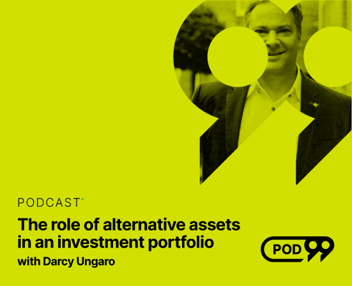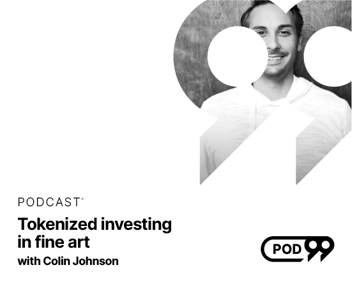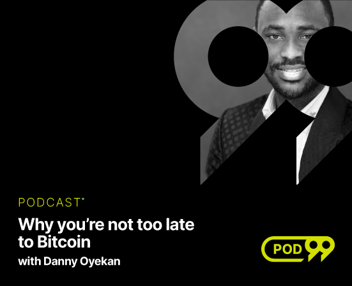Andy is joined by Jamie Finn, the co-founder, and president of Securitize, a platform for issuing and trading digital asset securities. Securitize aims to democratize access to alternative assets for smaller investors who were previously locked out of such opportunities. Securitize has users from over 150 countries.
Jamie explains the process of tokenization and the benefits of smart contracts and blockchain technology in ensuring compliance and efficient operations. He highlights changing investor demographics and the need for firms like Hamilton Lane to adapt and reach the new generation of digitally savvy investors. Overall, there is a significant opportunity in retail investment in private capital markets, with $3 trillion of new AUM expected. Jamie expresses his preference for alternative assets over public markets due to information asymmetry and better returns over time. Finally, he shares his bullish view on Bitcoin as a hedge against traditional currencies and its ease of use compared to gold.
Andy Pickering - Host
Welcome to POD99, the podcast that helps the 99% take control of their financial future. My guest today is Jamie Finn. Jamie is the co-founder and president of Securitize. Securitize is helping to unlock alternative assets with a fully digital, regulatory-compliant platform for issuing and trading digital asset securities. Welcome to the show, Jamie.
Jamie Finn - Guest
Thank you, Andy. Very happy to be here.
Andy Pickering - Host
Happy to have you here, Jamie. Let's do what we do at the beginning of the show. Could you please introduce yourself? Love to hear just a little bit about your story, Jamie, and what you've been doing in the lead-up to co-founding Securitize.
Jamie Finn - Guest
I'm Jamie Finn, president and co-founder of Securitize. The background on me is I’m somebody who's always been curious about the next thing and how technology can enable it. I started my career in digital music, first in Ringtones and things like that, and then in streaming music. We rolled out services across Europe with Napster and Ericsson. From there, I got interested in smartphones and mobile advertising and then into telecom, which is how I met my co-founder, Carlos Domingo. And in telecom, I worked on several really important acquisitions in Europe to scale voiceover internet.
And then after a few years, I moved to San Francisco, and I was working on a startup there with some friends, and the whole ICO boom happened in 2017. And I started watching what was going on there. And it occurred to me that suddenly people were making boatloads of money investing in these random currencies, which was super intriguing as an investor. After I did a little more digging, I discovered that perhaps they weren't great investments, but they were fun to speculate in. And then Carlos Domingo, my co-founder, was trying to do a venture capital fund at the same time.
And I'd always wanted to invest in venture capital, but to be honest, I didn't have a big enough check and didn't have the right access to the right people. And so Carlos said, great, give me a check. And so I was the first money into Spice VC, which is kind of how Securitize got started, because, in essence, Spice VC needs a technology platform. Carlos and the team built it, and then we spun it out as a new company called Securitize. So, from inception, I have very much put my money where my mouth is and have been using the products since 2017. So I'm all over the space.
Andy Pickering - Host
Fantastic. Jamie, listening to you talk, it strikes me that when you talk about spending time playing around with ringtones for the likes of Erickson, it demonstrates the exponential rise in technology that is a theme to being alive in the year 2023. Because if we think about the emergence of cell phones and then smartphones and then look at where we are now. We're looking down the barrel at being able to tokenize all forms of assets for buying and selling around the world. Of course, we've got AI looming in the background, and as much as sometimes it doesn't feel like it, the exponential rise in technology that's happening around us, man, it is taking off, isn't it?
Jamie Finn - Guest
Yeah. I mean, digitization of all industries happens. It happens over a decade, and then suddenly, overnight, when people aren't paying attention and it's the nature of this type of technology. AI has been around for quite some time, but until it was realized through an app that people could really engage with, it wasn't a thing. Now it's a big problem. People are excited about it or scared of it, whatever it may be, but it's the same thing here. It takes years to build infrastructure and technology that then overnight becomes the backbone of the next evolution. And that's, I mean, in essence, what we're doing here in the alt space is laying all the groundwork for what will be the future of alternative investing.
Andy Pickering - Host
Yeah, very well said. Okay, well, tell us, what's your lens on alternative assets and alternative assets investing Jamie, how do you guys think about this?
Jamie Finn - Guest
I mean, the way we think about it is, first of all, we're trying to open up access, right? So we want to bring the best products in the world to more investors. To me, the thing that's very incongruent with respect to how financial markets work today is that smaller investors are basically locked out of the best assets. And so if you want to get into a KKR fund, you can't really do it unless you've got a $5 million check and you know somebody there and they want to take your money. Because they have a queue of people that want these products, because they have a well-established network, they've got a great track record, and they've been proven to deliver a great return over decades.
And so that's where we saw the opportunity, was opening up that market to individual investors and smaller investors, people that didn't want to put a two or a $5 million check because there aren't that many people that can do that. And so what we see is this kind of democratization and just making these great assets available to everybody. And once you look at the way these alternative assets perform, and compared to public markets and in many cases even crypto, you quickly come to the conclusion that this is a much better place to have your money over the medium term and definitely over the long term.
Andy Pickering - Host
Very well said, Jamie. And I'm sure listeners to the Wealth99 podcast will be enjoying what you're talking about because it's very much the thesis here at Wealth99 as well. It's essentially, as you've explained, democratizing those kinds of financial opportunities that weren't previously available to average, everyday investors because they were locked out of access to the kind of opportunities that were once available to the financial elite only. Is Securitize aimed at U.S. investors for the moment?
Jamie Finn - Guest
No, actually, it's a really good point. So, we have over 475,000 registered users on our platform today. 120,000 of them have gone through KYC. And those 120,000 people represent over 150 countries. And the average age of our investors is about 39. And so we have a younger global investor community. And the products that we bring to market are designed for investors all over the world. So we consider taxes, we consider compliance in different countries, how you onboard people in different places. And then actually, most recently, we became a broker dealer in Europe as well as the US. We're operating in Europe under the pilot regime, the DLT pilot regime. We're the first ones out there that are issuing securities and soon trading them.
We're very much a global company from inception. In fact, when we started the company, Carlos was based in Dubai and I was based in San Francisco. So you can imagine they were long days.
Andy Pickering - Host
Yeah, absolutely. All right, so why don't you tell us a little bit about how Securitize works then, Jamie? Let’s understand the primary market, the secondary market, and the kind of opportunities available to invest in.
Jamie Finn - Guest
Yeah. So the way our platform works, just like you said, if you come to our website, you can open up an account, and with that account, you're able to see information about the offerings on the portal. It's going to feel pretty similar to other offering portals you may have looked at, or other portals for investment. You're going to have links to the information. You'll be able to learn about it. There's video content, you can ask questions, and there's a whole bunch of additional information that we provide. Just on the educational side, because alts are a little different. And so once you come in, you open an account, and our system works. I always describe it kind of like an onion. So you can come in, you can register. We just need an email and a password. And then if you decide you'd like to do something on the platform, you'll go through KYC with us. It's a one-time thing. You'll never do it again. So you just go through KYC one time. We verify who you are, and then you can invest in the different opportunities. Usually, you can invest in dollars in USDC, and then in Europe, you can invest in Eurocoin as well as Euros. So those are the currencies we support today.
Most investment products are sold in dollars at this point, and so the primary marketplace will allow you to invest in any of those products immediately. And then the secondary marketplace is a trading platform. And so you can go in there and buy and sell instantly. In a few clicks, cash and securities move simultaneously. We have what's known as a three-step process, but all that means is that when you hit the buy button, you get the shares immediately, and the other person gets the cash immediately. There's nobody else in the middle that has to review and do anything. It simply works through our automated compliance. So that's our secondary market. It's a limit order book. You can take the whole order or a piece of the order, or you can buy multiple orders. And so it gives you the ability to make your own decisions.
Andy Pickering - Host
Yeah, got it. Thank you. Jamie, talk to us a little bit about Tokenization. So you guys describe Securitize as democratizing access to alternative assets through tokenization and digital assets and securities. Security Tokens are digital representations of traditional financial products such as equity or debt. And of course, one of the advantages of tokenization is the ability to trade in and out of these assets via the secondary market, which just means that the liquidity is that much greater. But, talk us through the tokenization process and how you guys think about this.
Jamie Finn - Guest
I would first like to compare it to the traditional, or at least give everybody a frame of reference, if you will, because Tokenization is a new format, right? Just like back in the day, you maybe had a record that you would listen to music on, and then suddenly CDs came out and they were like, oh, it's digital music. They weren't digital, though, because you couldn't do anything with them until MP3s came along. And then suddenly we have streaming and we have a whole bunch of services. All of those things are just different formats. The song remains the same across all of the formats, but there are different formats. And because there are different formats, you can do different things with them. This is the same kind of thing we're doing with finance.
So the traditional format in this world would be a piece of paper that you sign with an actual pen, and then your shares get locked up in a vault at a bank for who knows how long until it pays out. There's physical copies of everything maintained. The next evolution of that was more of a DocuSign or signing things online. But the only proof you had that you owned something was that you had the document that said you owned it. There was no cryptographically secure way to know that you owned it. You didn't sell it to somebody else or trade it or something else happened to the asset. And so what we're doing today with Tokens is essentially giving you a way to prove that you own that asset. And by owning that asset, it opens up a whole bunch of new opportunities.
You've mentioned a couple of them already, because we know who owns it. We know the provenance of the actual security. We know how it can be transferred. And so if it can be transferred, then it can be traded. We also know if somebody else is holding it as collateral. And so because we know that we could potentially bring a borrowing and lending product to market where people could take loans against their securities because you can be sure that they're unencumbered. Nobody else owns them. And so by bringing this new format, you bring a new set of capabilities that we don't know everything that's going to be developed as of now. And we're just kind of in the early stages of it.
Having worked in the early stages of music and communication digitization, I could tell you that we had no idea when we did the first MP3s that suddenly TikTok was going to show up. But without digital music that's reusable and streamable, you can't have a product like TikTok. So what I think we're going to see is a lot of really interesting use cases in the future with composability where you take these financial assets and they get used in different ways that we can't necessarily imagine right now.
Andy Pickering - Host
Yeah, I think that is exactly right, Jamie. And again, it's that same example of once a new technology is born, it's very difficult to understand what the downstream implications of that technology are and what the future use cases might be 10 or 15 years down the line. And we're certainly going to see that as blockchain technology starts to mature. Of course, one of the problems with new disruptive technologies, Jamie, and you'll be all too aware of this, I mean, even with the advent of Napster and LimeWire and the ability to download music as MP3 files, of course, that was incredibly disruptive to the music industry. And then of course, as the internet pipes got a little bit fatter, the same thing happened to the film industry and then that led to the rise of Netflix and all these other streaming platforms.
My point here is regulators, and lawmakers are always a step behind new disruptive technologies and that's a fact of life. It's just hard for regulators and politicians to be completely up to date with fast-moving technology and the same is certainly true with blockchain and digital assets. So I know that there are all these regulatory exemptions Reg CF, A Plus, Reg D, Reg S, and these kinds of exemptions make it possible for both retail and accredited investors to acquire alternative assets. This is more in the US. But I just wonder how you guys on the forefront of building a platform that is compliant in different markets around the world think about regulation?
Jamie Finn - Guest
Each country has its own regulatory environment that has to be respected. And so you have to study it and kind of understand what you can and what you can't do and how you can sell a product and to whom, and things of that nature. But the good news about that is that the variables are the same, but they differ by country. So because of that, smart contracts and blockchain in particular are well suited to this. So it's easy enough to set a rule that you can only have 35 Japanese investors in a product using blockchain technology. Because I can keep count of it. I know exactly how many investors came from that country. And you can do that. You can stop it from exceeding those limitations. Similarly, I can prevent that we exceed 2000 shareholders in the US.
And all of that is run through smart contracts and it would be exceptionally difficult to do this in a traditional way. And it's one of the reasons when people say, well, why blockchain? You could do this in a database. I'm not sure you could do it in a database as easily as you can do it on-chain. Using the smart contracts that we're using to process all the compliance parameters. The best example I can give you is we have a traditional, what's known as a transfer agent. Their role is to keep track of who owns what. And we also have a digital one and we're transitioning the traditional one over to our digital platform. And we've made a number of acquisitions in that space.
And what I can tell you is that the traditional agent is at least 20 times less efficient than our digital one because I can look at the headcount numbers by operation and we've got the same amount of customers. So it's really interesting when you automate the mindless parts of compliance and you build them into infrastructure that it's unassailable. Like you cannot bypass it. The only way a transaction gets passed is if it meets the criteria and then it goes nobody else can affect it artificially. And so for us, it's pretty straightforward to do with the infrastructure we have today.
Andy Pickering - Host
Yeah, that makes sense. Here at Wealth99, I said that we're all about alternative assets, and from our point of view at the moment, that means a range of different crypto assets. It means different tokenized precious metals and in the future it will include carbon credits, and tokenized real estate. I wonder if just from your point of view Jamie, do you want to talk through some of the offerings, and investment opportunities that are available on Securitize at the moment?
Jamie Finn - Guest
I mean, I'm happy to talk about them on a macro level. And I think it comes back to where is the opportunity in the market? Right? And so we started the firm and it was really about opening up access to things like venture capital and so in the kind of alternative asset space, these are all funds. And I like funds because I'm really bad at picking winners and I'm really good at picking fund and fund managers because then you have a group of professionals working for you to find the winners. Right? So if I'm going to go and invest directly into an individual company, I have a one in 100 chance of getting that right, maybe less if I'm investing in a fund, the fund has a prospectus. It has more or less, for the most part, the ones we're bringing to market at least have an operating history. If you put a dollar in, you're going to get one point X dollars back or two point X dollars back at the end of ten years. So you kind of have an idea, and obviously, nothing is guaranteed, but with a track record, top managers, top people, you have a better opportunity of success. Instead of one in 100, you're probably flipping that around or some variable thereof. Right? So we thought funds were the best product for us to bring to market because they're extremely inaccessible. The documentation is insane to invest in them. To give you an idea, for us to invest in Hamilton Lane's fund, we have to re-KYC ourselves each time as a firm and then go through the entire process of filling out more than 100 pages of paperwork, which are the same on these different funds. But you have to go through and do each one by one. And we just think it's terribly inefficient and a really horrible experience. And so the fund asset class performs tremendously well. It's easy to invest insofar as you can look at the macros of what they're offering and be able to pick, okay, I want to be in private equity, I want to be in healthcare, I want to be in private credit or in secondary markets, whatever it may be. These are different kinds of opportunity spaces.
And if you look at them on the macro level, some things have happened over time that present clear opportunities and nice track records. And so what we see is you need to have a mix of products for investors. So at Securitize, we have private equity funds from KKR and Hamilton Lane. KKR and Hamilton Lane are both humongous asset managers. Hamilton Lane is north of $800 million in AUM and KKR, I don't know the number, but they're equally large. Probably one of the most famous firms in the space. And then we also brought some new products. We brought a private credit product. And if you're looking at what's happening in the banking space, banks can't give out loans anymore due to a lot of the compliance issues that are coming up. And so they're struggling.
And so the companies that are filling that gap are these large PE shops and they're doing loans to pretty good firms at really great rates. You can make significantly over the interest rate you're getting in the US. Which is north of 5%. You can make significantly more than that with private credit. And so it's a fantastic space to be in. It also offers liquidity, which is nice insofar as it has redemption. So you can go in, you could put $10,000 to work in one of our products, and if you needed your money the next day, you could redeem it immediately and get your money back into your bank account the same day. So we're really about bringing innovation, but also bringing high-quality products. To me, the private credit product is one of my favorites.
And then we have another product which will be bringing to market in the near term, which is filling out a gap in our portfolio, which is secondaries. And so secondaries are a great place to invest in down markets. So if you don't like PE primary offerings because you think that the companies are overvalued or whatever it may be, then a secondary offering is a great place because what those shops do is they go in and they buy positions from large investors, LP Limited partners in the fund at a discount. And so instead of paying a dollar, they'll pay $0.70 or something like that, and then they'll have that as part of their portfolio. So they provide liquidity to the initial investor and then they resell this position to follow on investors.
The nice thing about secondary funds is they tend to be a lot more cash-flowing, so they pay out much more quickly than a primary fund. So if you invest in a primary fund, you're going to expect to hold that for at least three years until you start to see a significant return of capital. With a secondary fund, you'll see a return of capital months into it. And so it's a great vehicle for first-time investors. If you can get access to one private credit, I think it is the best one because of the way we've brought it to market with on-demand liquidity. It's a very low-risk type of product with respect to getting your money back. And so that is a nice stepping stone.
And that product was inspired by what some firms in the crypto space did with Earn and things like that, where people were paying kind of an interest rate. I never understood how they made their money, even though I had many phone calls with those people. In this one, I could explain to you how these shops make money so that they can deliver the return that they deliver. So it makes me feel good about it.
Andy Pickering - Host
Yeah, very well said. Thank you. And just briefly, I wonder, with organizations such as Hamilton Lane and the like, which traditionally have served a fairly small client base, and it wasn’t possible for the average everyday investor to access those kinds of opportunities. But now, thanks to platforms such as Securitize, you're making that possible by, I'm simplifying it, but essentially pooling a lot of people's investments and then channeling it through your pipeline to Hamilton Lane. From the perspective of Hamilton Lane and those sorts of companies, what's their view on this?
Jamie Finn - Guest
I mean, so I think these firms are very much kind of interested in how they can evolve their business, right? So I think the writing is on the wall. Investor demographics are changing quickly. Like, the investor group is getting younger. There's $27 trillion worth of assets moving over the next 25 years. And so they want to get in front of that digitally savvy investor who wants to make their own decisions, and understands how to use digital products. And so they see a big opportunity there as the millennials and Gen X start to take the money from the previous generation. And so as that happens, they need to be part of that portfolio, and so they want to meet them where they are. And these folks are online for the most part, I think, like, the rest of us are listening to this, and there's a lot of different approaches to accessing it. But I think that what everybody sees is that this retail opportunity for private capital markets is $3 trillion of new AUM, and that's why these guys are doing it. There's a ton of money that they want to get access to that they can't unless they change who they're engaging with, because the traditional avenues are a bit tapped out, for lack of a better term. And so they need to reach a new demographic, and they want more investors in their products because more investors means that there can be more capital. After all, people tend to invest more than once you get into PE because the returns are solid.
And so you start with a small check and you kind of grow it because the firm's making you money, so you're happy to kind of roll it.
Andy Pickering - Host
Very, very well said again, Jamie. And it's such a great point. As our parents move on, shall we say, there's a lot of wealth that is going to be passed down to Gen X and the millennials. And, of course, that is one reason why you could potentially be bullish Bitcoin, for example, because if millennials, even Gen X as well, have the ability to invest a little bit of that wealth that gets passed down to them into various alternative assets, Bitcoin just being one example, then it just makes a lot of sense, I think, for people to have exposure.
Let's go to a break, Jamie, and then we'll come back, we'll finish off with some rapid fire wealth building questions. But just before we do that, for anyone interested in learning more about Securitize, tell people where they should go, what they should do.
Jamie Finn - Guest
Sure, you can go to Securitize.io via your browser or you can go to the App Store on the iPhone and download our app, and from there you'll be able to access information about the offerings and learn about what we're doing as well as invest, if you're interested.
Andy Pickering - Host
Awesome. I'm with Jamie Finn, the co-founder, and president at Securitize, helping to unlock alternative assets with a digital regulatory-compliant platform for issuing and trading digital asset securities. Jamie, I like to finish each podcast with a quick round of rapid-fire questions on alternative assets and building wealth.
The first question for you, Jamie. What do you think is one piece of financial knowledge that should be taught at school?
Jamie Finn - Guest
Patience. Patience and perseverance. I think there's too much of a focus on a quick hit, and I think if you can look at so many assets and see this, holding on to something is not the worst idea.
Andy Pickering - Host
Yeah, I couldn't agree more. In fact, buy and hold over a long period of time, you'll almost always outperform people who think they can trade in and out of the market all day, every day. Right. What would you say then, Jamie, is your most contrarian view on building wealth?
Jamie Finn - Guest
I think all of my views are contrarian. I don't actually invest in public markets very much. I think that there's information asymmetry and I don't have access to it, and so I really don't like it. So I think that all the RIAs and things of that nature that say they're going to manage a portfolio that's going to outperform the S and P 500, I don't think there's any proof for that. And so I'm much more heavily weighted into alts than I am in public markets because I think it's a better place because I'm making a lot more money over time there.
Andy Pickering - Host
Yeah, I like it. All right, Jamie, if you were like, let's say, 18 years old today, you're just leaving school, you've got your whole future ahead of you. What are a couple of things you could do potentially to help secure your financial future in an uncertain world?
Jamie Finn - Guest
So I think that you can build something slowly over time, like compounding is one of the most effective forces of nature, I think. And so getting some decent focus on putting some money away over time, a specific amount of money every week really builds up quickly. And especially with interest rates where they are today, super low-risk investing initially is a great idea just to learn how it grows, and it'll also teach you to really value your money which I think a lot of people don't understand what a million dollars is when they throw numbers around. We hear it in everything. A million here, a million there, this that. I don't think people know what that is. I don't even know how big a bag would you need to carry that?
And so I think we've become desensitized by the whole celebrity economy and we've forgotten what money is actually worth.
Andy Pickering - Host
Yeah. Very interesting. All right, Jamie, in 30 seconds or less, what's the bull or bear case for Bitcoin?
Jamie Finn - Guest
I'm long Bitcoin. I believe in it. I think it's a fantastic asset. I was there in 2008 when everything fell apart and I looked at my bank statements and I suddenly had no money, and I was asking myself what money was. And so to me, Bitcoin is really a hedge. It's a lot easier to slice off a piece of Bitcoin and send it to somebody than it is to take a gold coin, chop off a piece of it and give it to somebody to pay for something. So I think long term, Bitcoin will continue to have a future. I remember the days when, like, oh, is Bitcoin ever going to hit $10k? And now everybody's complacent that it's at $30k and that's like a normal place. If you reflect over the time period we're talking about, it's pretty absurd how quickly that's happened.
Andy Pickering - Host
Yeah, I couldn't agree more. All right, same question. 30 seconds or less. Bull or bear case for gold?
Jamie Finn - Guest
Gold hasn't done much in a very long time, so I don't really see a bull case there. I mean, to me, it's bearish. It's a last-minute asset that people have in their portfolio, and they have it there because somebody said it was good to have a balanced portfolio. But you're also losing a lot by investing in an asset that isn't growing. There are opportunity costs associated with it.
Andy Pickering - Host
All right, let's finish this off. Jamie, again, thank you so much for coming on the show. Please tell people where they should go to learn more about what you guys are doing at Securitize.
Jamie Finn - Guest
I think the best place really to learn about what we're doing is Securitize.io
Andy Pickering - Host
All right, There you go. That was Jamie from Securitize. How good was that? I thought it was fascinating how they have exactly the same approach to tokenization and alternative assets and especially the democratization of investment opportunities as we do here at Wealth99. Great to see.
Thank you for listening, team. Please make sure you are subscribed to the Pod 99 podcast in whatever podcast app you are using, but that is today's show. Thanks for listening and bye for now.
https://securitize.io/






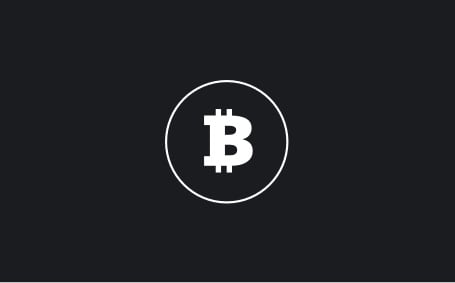
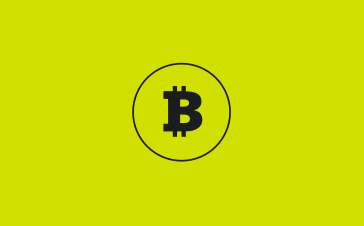
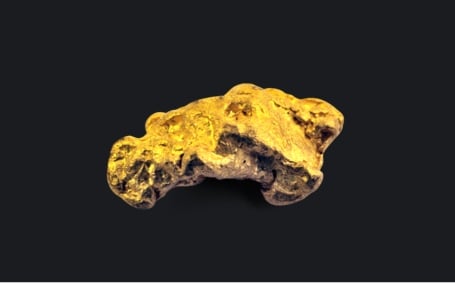
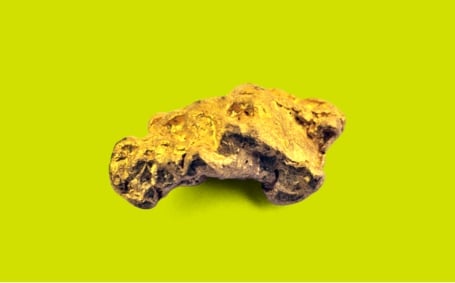
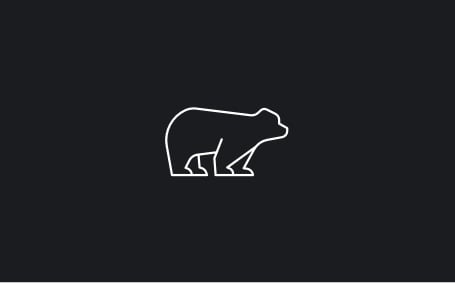
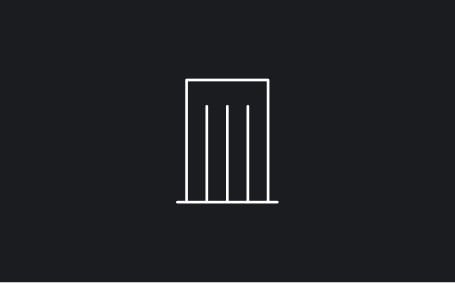

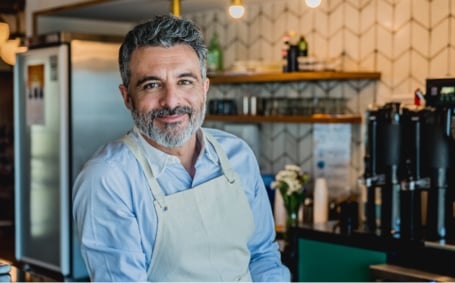
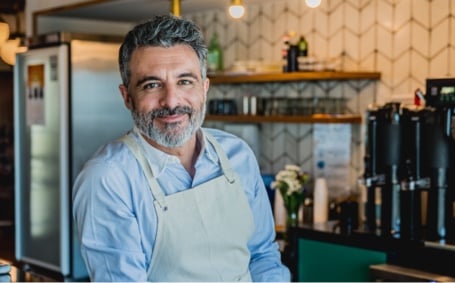

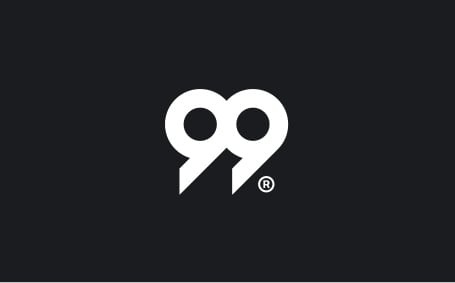
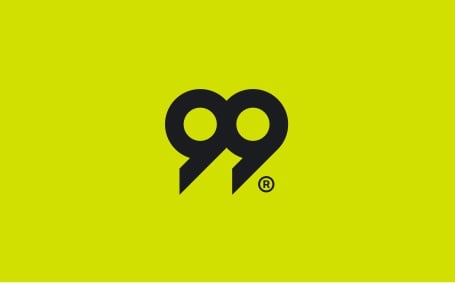


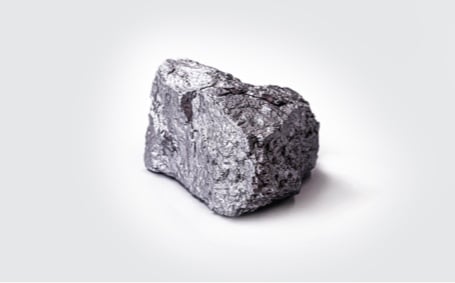
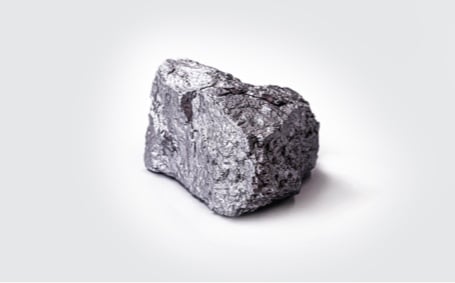


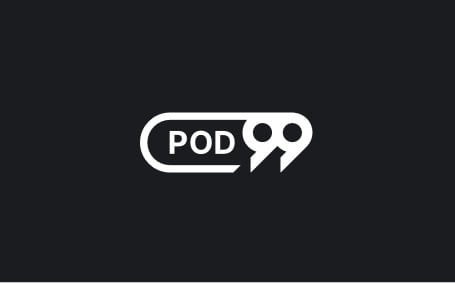
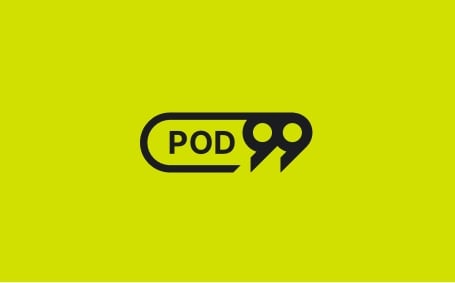

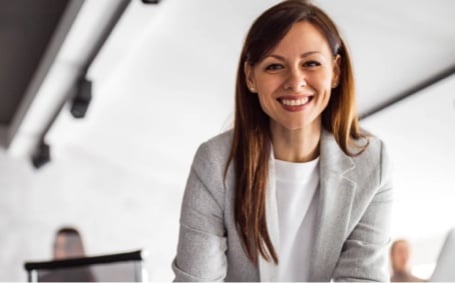
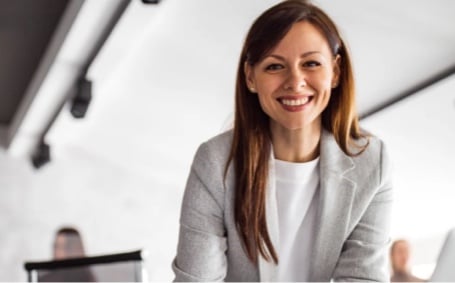
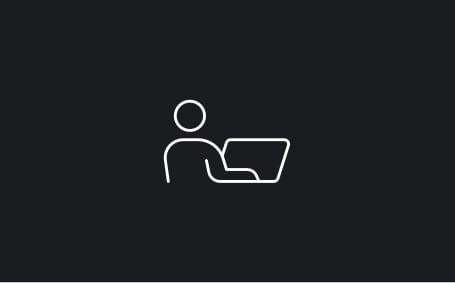
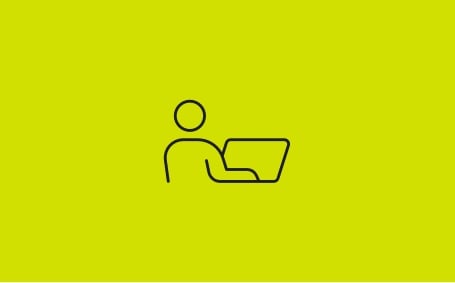
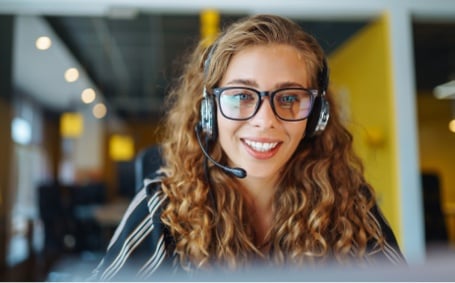
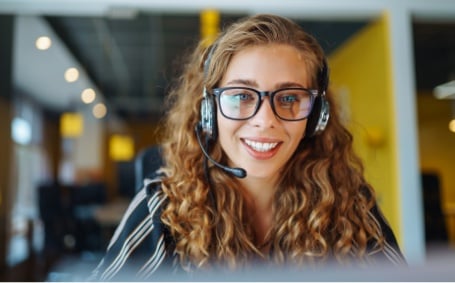
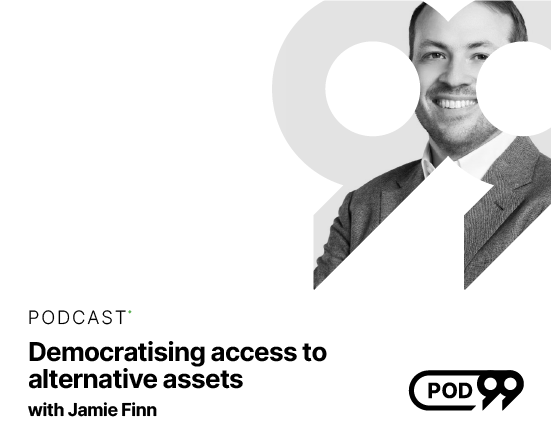


.svg)
.svg)
.svg)

